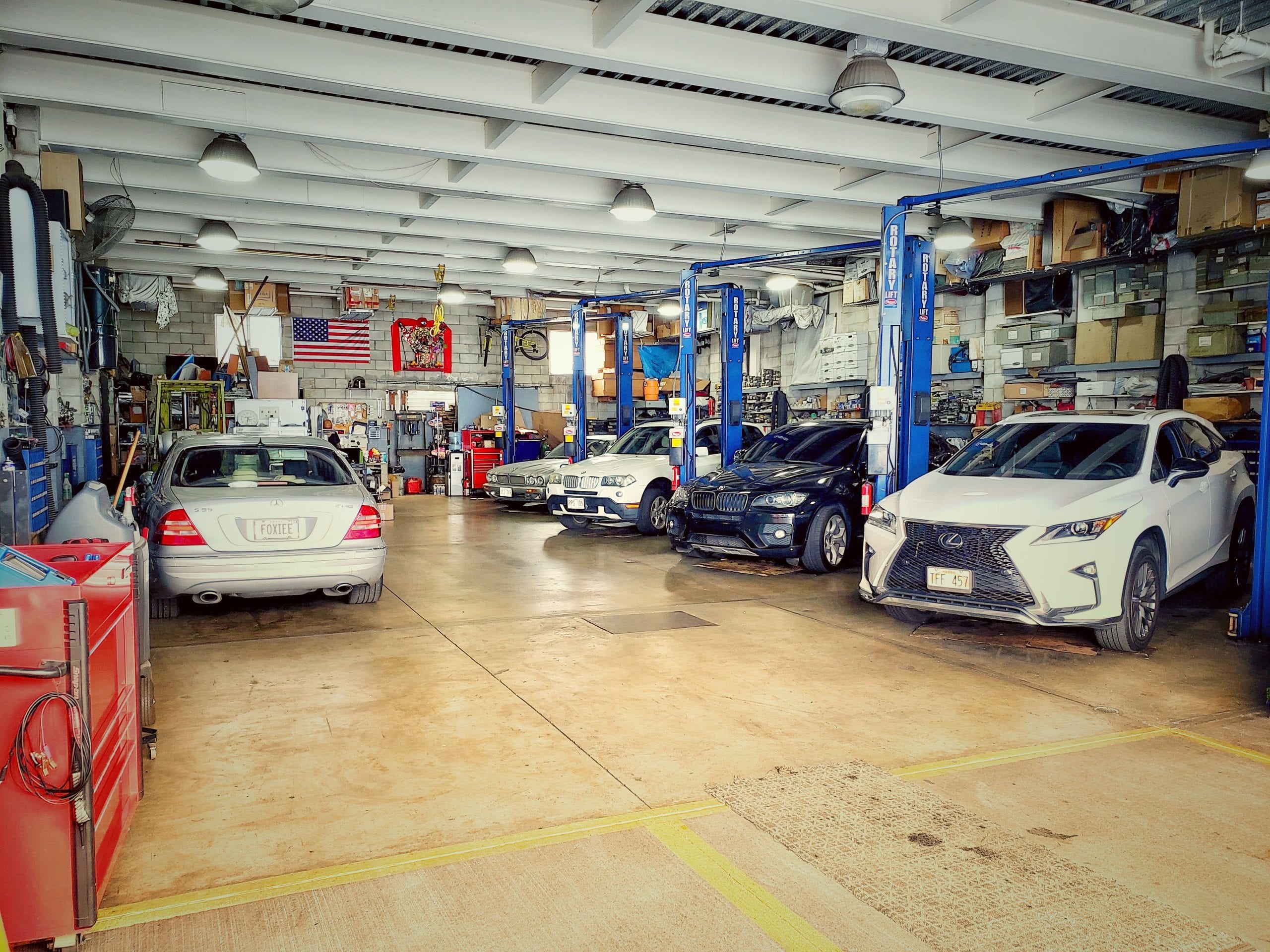All Categories
Featured
A well-kept engine is the key to your auto's long life and peak performance. Regular engine tune-ups not only enhance fuel performance yet additionally minimize the likelihood of unforeseen break downs. Whether you're a car enthusiast or somebody who simply wishes to avoid expensive fixings, these engine tune-up tips will certainly maintain your vehicle running like a dream.

- Replace the Glow Plugs. The ignition system stir up the air-fuel mixture in your engine, and their efficiency straight affects engine performance. Gradually, ignition system can break, causing misfires, reduced fuel economy, and slow velocity.
Throughout a tune-up, inspect and replace trigger plugs if they show indicators of wear, such as soot accumulation, corrosion, or cracks. Depending upon your vehicle, ignition system may need to be replaced every 30,000 to 100,000 miles.
- Check the Ignition System. Your auto's ignition system, that includes the ignition coils, distributor, and cables (if suitable), is in charge of providing the stimulate that powers your engine. Faulty ignition parts can cause beginning problems and harsh engine operation.
Look for harmed or used components and change them throughout your tune-up. Guaranteeing a healthy and balanced ignition system will improve engine integrity and efficiency.
- Tidy or Change the Air Filter. A clean air filter allows your engine to "take a breath" properly by making sure a steady flow of tidy air. With time, dust and particles can obstruct the filter, minimizing air flow and affecting fuel efficiency.
Examine the air filter during a tune-up and change it if it's filthy. For drivers in dusty or polluted areas, air filters may need to be altered more frequently.
- Examine and Tidy the Gas System. The fuel system, including the fuel injectors, gas pump, and fuel lines, can accumulate deposits with time, decreasing fuel distribution and engine efficiency. Make use of a gas injector cleaner or have your system professionally cleansed during a tune-up to recover proper functionality.
On a regular basis preserving your fuel system makes certain better burning and maximizes your engine's effectiveness.
- Modification the Engine Oil and Oil Filter. Engine oil is important for lubrication, air conditioning, and lowering rubbing between relocating parts. In time, oil degrades and gathers particles, losing its performance.
Throughout a tune-up, change the engine oil and oil filter. Complying with the supplier's referrals for oil type and adjustment periods is important to maintaining your engine in optimum problem.
- Evaluate the Belts and Hose pipes. The belts and pipes in your engine compartment play important duties in powering components like the generator, water pump, and cooling system. Damage with time can cause fractures, fraying, or leaks.
Check the problem of belts and hoses during your tune-up and change any type of that show indications of damages. Proactively addressing these concerns can stop pricey repair services and unanticipated breakdowns.
- Evaluate the Battery and Electric System. A weak or failing battery can leave you stranded. During your tune-up, examination the battery's voltage, inspect the terminals for deterioration, and ensure the links are tight.
Furthermore, have the alternator and starter inspected to guarantee they're operating properly. Dealing with electrical system issues early can conserve you from inconvenient shocks.
- Check the Air Conditioning System. The cooling system stops your engine from overheating, which can trigger severe damages. During a tune-up, check the radiator, hoses, and water pump for leaks or wear.
Flush and change the coolant if it's dirty or has actually exceeded its advisable life span. Proper cooling system maintenance aids your engine run within its ideal temperature level range.
- Address Control Panel Caution Lighting. Modern cars are outfitted with advanced analysis systems that brighten advising lights when problems develop. If your dashboard presents any kind of advising lights, such as the check engine light, resolve them during the tune-up.
A specialist auto mechanic can utilize diagnostic devices to determine and take care of the issue, protecting against tiny problems from intensifying.
- Keep Your Engine Clean. A tidy engine runs cooler and is simpler to examine for prospective problems. Eliminate dirt, grease, and grime from your engine bay throughout a tune-up. Use a degreaser and a mild brush for cleansing, and stay clear of splashing water straight on electrical elements.
Conclusion: Tune-Ups Are the Secret to Engine Durability. Regular engine tune-ups are an investment in your automobile's wellness, efficiency, and effectiveness. Whether you're taking on the tune-up yourself or taking your cars and truck to a trusted technician, following these tips will maintain your engine running at its finest and help you prevent unforeseen repairs.
Latest Posts
Improve Your Home's Outside with Weathercraft's Exterior siding Solutions
Looking for a Tire Service Locally? Choose Car-X St. Louis for Expert Service
Searching for the Best Mechanic Close By? Trust Car-X St. Louis for Your Car Care Solutions
More
Latest Posts
Improve Your Home's Outside with Weathercraft's Exterior siding Solutions
Looking for a Tire Service Locally? Choose Car-X St. Louis for Expert Service
Searching for the Best Mechanic Close By? Trust Car-X St. Louis for Your Car Care Solutions